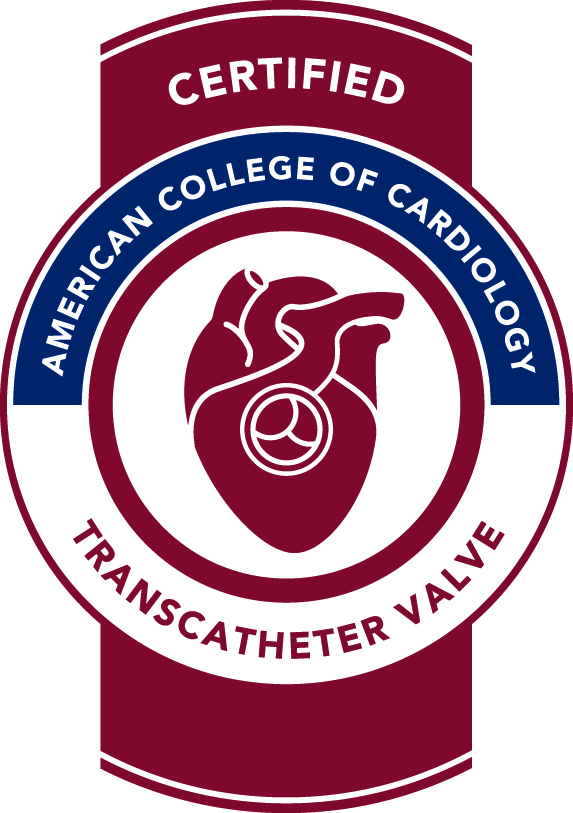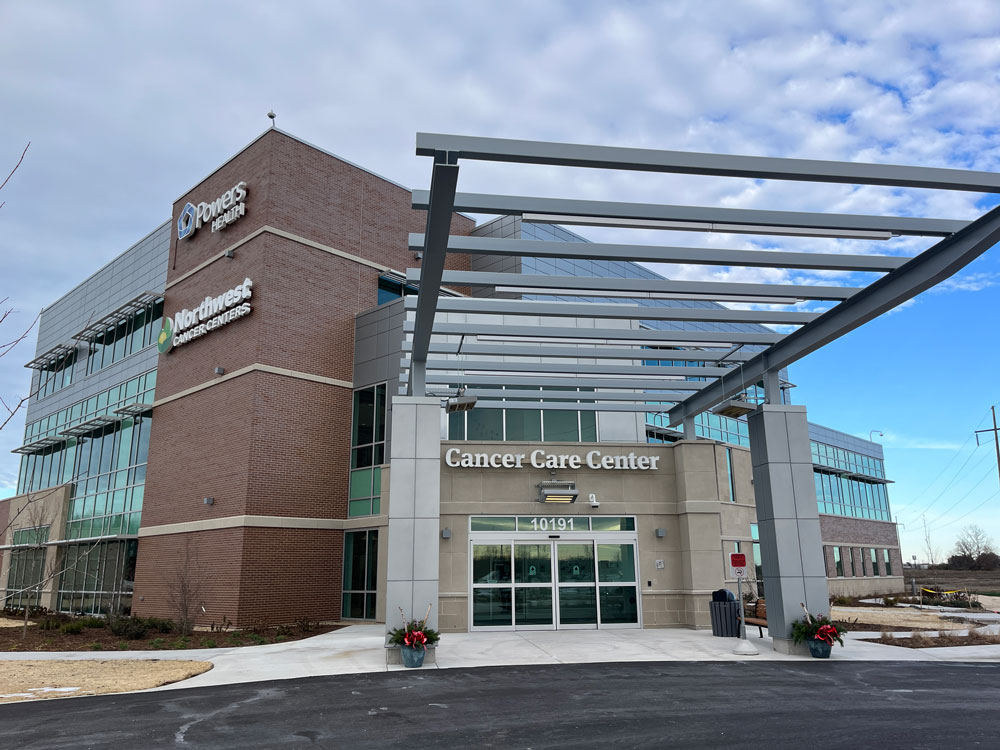
Adobe Stock
Getting a diagnosis of lung cancer can be scary, especially when you don’t know what to expect.
To help, experts will guide you through what lung cancer is, its main causes and types, plus its symptoms, staging, screening recommendations and survival rates. You’ll also discover the many treatments available to tackle this common form of cancer.
What is lung cancer?
Lung cancer is when cells in the lung mutate and grow out of control. The U.S. Centers for Disease Control and Prevention states that lung cancer can spread to nearby lymph nodes and organs such as the brain, which is known as metastatic lung cancer.
What causes lung cancer?
About 90% of lung cancers in the United States are caused by smoking or secondhand smoke, according to the American Lung Association (ALA). Genetics and exposure to radon, particle pollution and other hazardous chemicals can also play a role in lung cancer development.
Does smoking weed cause lung cancer?
According to the Mayo Clinic, some research does suggest that smoking marijuana raises the risk of developing lung cancer, although more scientific data is needed.
Does vaping cause lung cancer?
“Vaping appears to not be related with increased incidence of lung cancer,” explained Dr. Michael P. Kosty, medical director of thoracic oncology at Scripps MD Anderson Cancer Center in San Diego.
However, Scripps notes that vaping may raise the risk of preteens and teenagers taking up smoking, which does increase lung cancer risk.
Types of lung cancer
According to the ALA, the three kinds of lung cancer are:
- Non-small cell lung cancer: makes up about 80% of cases and typically spreads more slowly than small cell lung cancer
- Small cell lung cancer: usually linked to smoking and treated with chemotherapy
- Carcinoid lung cancer: typically, the slowest growing and least common type
Lung cancer symptoms
The ALA notes that a lot of people don’t experience lung cancer symptoms until the disease has progressed. Signs of lung cancer may include:
- Worsening, persistent cough
- Shortness of breath
- Wheezing
- Numerous lung infections
- Hoarseness
- Weight loss
- Loss of appetite
- Headaches
- Coughing up blood
- Persistent chest pain
- Blood clots
- Bone pain
- Bone fractures
Lung cancer screening
To help catch lung cancer in its early stages, the U.S. Preventive Services Task Force recommends you get screened annually if you’re aged 50 to 80 and you have or have had a 20-pack year smoking habit within the past 15 years.
“To screen for lung cancer, you have to do a CT scan. And there are low-dose CT scanners and low-dose would mean low radiation exposure,” Kosty explained.
Lung cancer diagnosis
In addition to CT scans, the ALA states that lung cancer may be diagnosed with:
- Positron emission tomography (PET) scan
- Biopsy
- Ultrasound
- Needle or mucous (saliva) sample
Any tissue samples from these tests are analyzed in a lab to determine if the cells are cancerous.
Lung cancer staging
The ALA advises that the stages of small cell lung cancer include:
- Limited stage: may or may not have spread to nearby lymph nodes
- Extended stage: has spread outside the lung to nearby tissues or organs
Non-small cell lung cancer stages include:
- Stage 0: located on the top lining of the lung or air tube and hasn’t spread
- Stage 1: still contained within the lung and hasn’t spread
- Stage 2: tumors are larger than stage 1 tumors and/or have begun to spread to nearby lymph nodes
- Stage 3: typically has spread to lymph nodes located between the chest and lungs
- Stage 4: has spread to different lung lining layers and/or throughout the body
Lung cancer treatment
Lung cancer surgery
According to Scripps, surgery for early-stage cancer removes all or part of the lung to extract the cancer. It can include:
- Segmentectomy is the removal of part of a lung lobe.
- Lobectomy involves removing an entire lobe of a lung.
- Pneumonectomy is the removal of the entire lung.
- Sleeve resection is the removal of part of major air passages of the lungs.
- Lymph node biopsy is the removal of part or all of the lymph nodes during surgery. The lymph nodes will be examined to determine if cancer has spread beyond the lungs and if additional treatment is needed.
Lung cancer medications
The National Cancer Institute (NCI) notes there are many different lung cancer medications for small cell and non-small cell lung cancer.
“One of the advances in lung cancer that we do in a hundred percent of patients is we test the tumor for molecular abnormalities in the tumor DNA,” Kosty explained. “For many of these molecular abnormalities, there have been medicines, drugs developed that target these molecular defects.”
Lung cancer therapies
The ALA and Scripps state that the following lung cancer therapies are used in treatment:
- Radiation therapy
- Chemotherapy
- Immunotherapy
- Targeted therapies
- Palliative care
- Complementary therapies
Lung cancer survival rate
According to the NCI, the overall 5-year lung cancer survival rate between 2013 and 2019 was 25.4%, but this varied significantly by stage:
- Localized cancer that hadn’t spread beyond the lungs: 62.8%
- Regional cancer that has spread to nearby lymph nodes: 34.8%
- Distant cancer that spread to different places throughout the body: 8.2%
- Unknown cancer spread: 15.1%
Living with lung cancer
The CDC says living with lung cancer means working closely with your doctor to put in place the most effective treatment plan for you, as well as taking steps to stay healthy, and plan for you and your loved ones’ future.
The ALA also offers additional supportive services for those living with lung cancer.
References
Michael P. Kosty, MD, medical director, thoracic oncology, Scripps MD Anderson Cancer Center, San Diego
American Lung Association: Lung Cancer
American Lung Association: Help and Support
Centers for Disease Control and Prevention: Lung Cancer
Mayo Clinic: Does Smoking Marijuana Increase Lung Cancer Risk?
National Cancer Institute: Drugs Approved for Lung Cancer
National Cancer Institute: Cancer Stat Facts: Lung and Bronchus Cancer
Scripps MD Anderson: Understanding the Dangers of Vaping
Scripps MD Anderson: Lung Cancer Treatment
U.S. Preventive Services Task Force: Lung Cancer: Screening
Copyright © 2023 HealthDay. All rights reserved.


